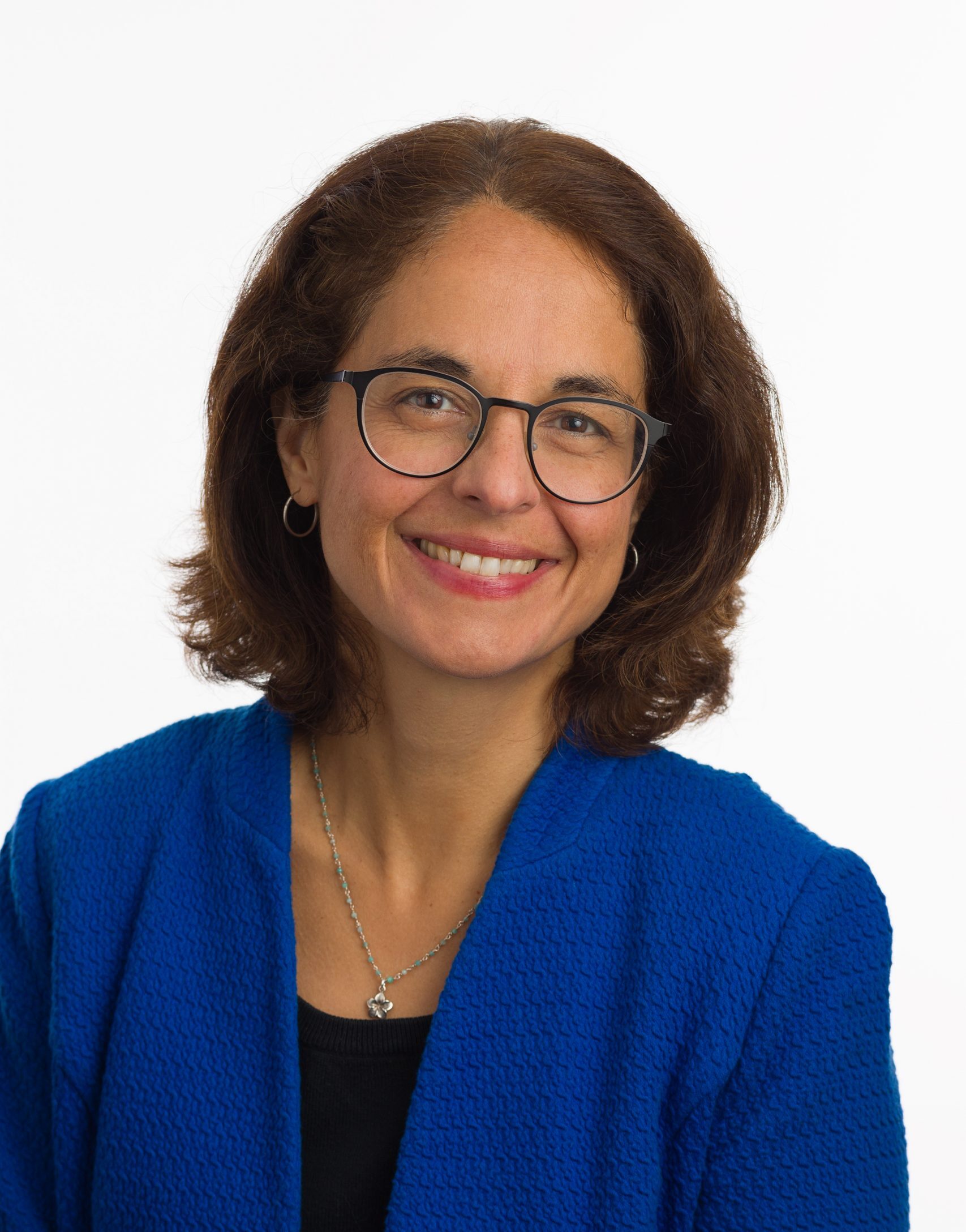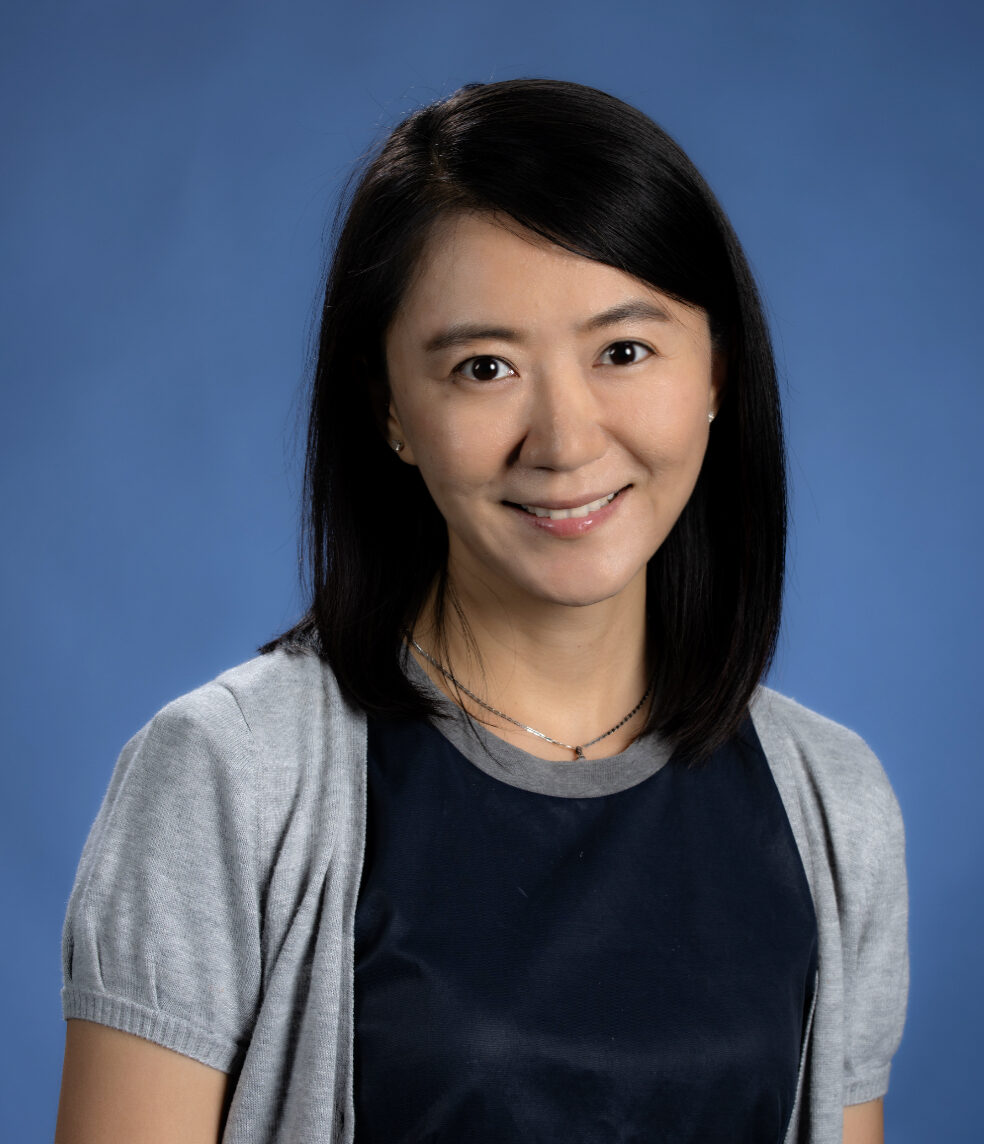Project Team
 Michelle Van Noy (Principal Investigator) is Director of the Education and Employment Research Center at the School of Management and Labor Relations at Rutgers. She has extensive experience conducting research on STEM education and workforce development and leading large-scale research projects. She is PI on Pathways to Technician Careers an ATE-targeted research project examining student decision-making about programs and careers in information technology, and co-PI on an NSF project, Pathways to Science and Engineering Professions: Persistence and Career Choice for Bachelor’s and Master’s Graduates, Who Goes on? Who Doesn’t? and Why? She has conducted research on higher education labor market responsiveness, community college workforce education programs in a range of sectors, community college student outcomes, and employer perceptions of associate degrees for IT technicians. She served on the National Academy of Science’s committee on Barriers and Opportunities for 2-year and 4-year STEM degrees.
Michelle Van Noy (Principal Investigator) is Director of the Education and Employment Research Center at the School of Management and Labor Relations at Rutgers. She has extensive experience conducting research on STEM education and workforce development and leading large-scale research projects. She is PI on Pathways to Technician Careers an ATE-targeted research project examining student decision-making about programs and careers in information technology, and co-PI on an NSF project, Pathways to Science and Engineering Professions: Persistence and Career Choice for Bachelor’s and Master’s Graduates, Who Goes on? Who Doesn’t? and Why? She has conducted research on higher education labor market responsiveness, community college workforce education programs in a range of sectors, community college student outcomes, and employer perceptions of associate degrees for IT technicians. She served on the National Academy of Science’s committee on Barriers and Opportunities for 2-year and 4-year STEM degrees.

Mark D’Amico (Co-Principal Investigator) is a Professor of Higher Education, University of North Carolina at Charlotte. Mark’s research centers on community college student success and workforce education, including the development of a noncredit typology that has been applied to multiple states and scholarly projects. Mark was a participant of the 2020 IPEDS Technical Review Panel on noncredit data, and published a recent paper on noncredit outcomes in partnership with the Iowa Department of Education. Prior to his current role, Mark served in senior leadership with a multi-campus college and a state technical college system.

Peter Riley Bahr is Vice President and Managing Research Director of the Strada Institute for the Future of Work, is a nationally recognized scholar and expert on postsecondary education, student outcomes, and economic mobility. The central aim of his research is ensuring that a high-quality college education, stable employment, and a family-sustaining wage are within reach of everyone.
Dr. Bahr focuses specifically on the role of public postsecondary institutions — especially community and technical colleges — in creating and advancing educational and economic opportunities for socioeconomically disadvantaged students, adult-age students beginning in or returning to college, individuals returning to the community after incarceration, and other disadvantaged groups. Working closely with policymakers and institutional leaders, his research directly informs policy and practice aimed at reducing inequality, achieving educational attainment goals, improving workforce opportunities, and strengthening state economic vitality and growth. Before joining Strada, Dr. Bahr served as a tenured associate professor in the University of Michigan’s Center for the Study of Higher and Postsecondary Education, where he built a multimillion dollar research program focused on educational pathways and workforce outcomes, as well as taught graduate-level classes in applied statistics.

Di Xu is an Associate Professor in the School of Education at UC, Irvine, and the faculty director of UCI’s Postsecondary Education Research & Implementation Institute. She is also a research affiliate at the Community College Research Center at Teachers College, Columbia University. Her research uses mixed research methods in assessing students’ educational pathways, success, and transition into the labor market, with a particular focus on students enrolled in community colleges.

Paula Nissen is Director of the Institutional Research Collaborative, representing North Iowa Area, Iowa Lakes and Iowa Central Community Colleges. With over 25 years of leadership experience in Iowa’s education, research, government, community, and workforce sectors, Paula Nissen is a seasoned professional dedicated to driving collaborative initiatives and fostering innovation. As the Director of the Institutional Collaborative, she orchestrates interdisciplinary teams comprising education, research, and technology experts to advance knowledge, consistency, and collaboration across the state.
Paula is renowned for her pioneering work in developing innovative research methodologies that integrate diverse data sources, both public and proprietary, to address common goals and priorities shared by stakeholders. Her expertise lies in harnessing data to drive actionable insights and facilitate evidence-based decision-making. Paula’s impactful contributions extend beyond the borders of Iowa through her work in aligning education to regional/state labor market data and the State Noncredit Data Project (SNDP). Through her visionary leadership and dedication to bridging education and workforce development, Paula continues to shape the landscape of community college education and empower individuals to thrive in today’s dynamic economy.
 Amy Cable is the Chief Student Affairs Officer at the Louisiana Community and Technical College System. Amy is an experienced leader in Education and Training, Enrollment Management and Financial Aid. Under Amy’s guidance, she successfully implemented multiple financial aid initiatives that uses state dollars to increase enrollment for adult students, managed the creation and implementation of an Enrollment Management Support team and was instrumental in the implementation of an integrated student information system that encompasses both credit and non-credit students. She is a Certified Financial Aid Administrator (FAAC). Amy holds a Bachelor of Arts in Criminal Justice, a Master of Public Administration, and a Doctor of Education from the University of Memphis.
Amy Cable is the Chief Student Affairs Officer at the Louisiana Community and Technical College System. Amy is an experienced leader in Education and Training, Enrollment Management and Financial Aid. Under Amy’s guidance, she successfully implemented multiple financial aid initiatives that uses state dollars to increase enrollment for adult students, managed the creation and implementation of an Enrollment Management Support team and was instrumental in the implementation of an integrated student information system that encompasses both credit and non-credit students. She is a Certified Financial Aid Administrator (FAAC). Amy holds a Bachelor of Arts in Criminal Justice, a Master of Public Administration, and a Doctor of Education from the University of Memphis.

Vladimir Bassis serves as an Administrative Consultant for Community College Management Information System (CC MIS) within the Iowa Department of Education. In this role, he works with community college data specialists, institutional researchers, and relevant subject matters specialists to ensure that all data exchange, archiving, maintenance, and further data processing projects are conducted in timely and ergonomic manner. Vladimir leads a team that is actively involved in a number of CC MIS-related research designs and research implementations, resulting in products reflecting a variety of community college-based educational and organizational processes. Such products include federally or locally mandated accountability reports (such as Perkins Act, Condition of Community Colleges, etc.); program quality improvement efforts; educational statistics; information for legislators; requests for research data, and other reports and data compilations.
Vladimir achieved his B.A. and M.A. in English in 1985 from Odessa State University (Ukraine) and M.P.A. from Iowa State University in 2005. He taught international culture in Iowa public schools, coordinated international exchanges in Iowa Recourse for International Services (IRIS, inc.), and has been working for the State of Iowa in the Department of Human Services and the Department of Education for the past 20 years.

Melissa Quaal is Senior Program Administrator for the Education and Employment Research Center. She obtained her Master’s in Public Policy with a concentration in Community Development at the Bloustein School at Rutgers University and her B.A. at the University of Wisconsin-Madison in Economics and Social Work. As an administrator with a background in research on workforce development as well as the impact of poverty, Melissa is dedicated to uncovering the ways in which educational institutions can ameliorate poverty and develop pathways to greater equality.

Justin Vinton is a faculty Research Associate at the Education and Employment Research Center at the School of Management and Labor Relations at Rutgers, The State University of New Jersey. He studies labor and employment relations with a primary focus on worker voice and representation, skill provision and credentials, labor-management collaboration, and workforce and economic development. His current work examines the role of community colleges and other postsecondary training providers in economic development, and their growing coordination with employers, students, and other stakeholders to improve program implementation and data collection (both degree and non-degree). His other work focuses on the voice and complex roles of labor-management partnership stakeholders in US public education and healthcare.